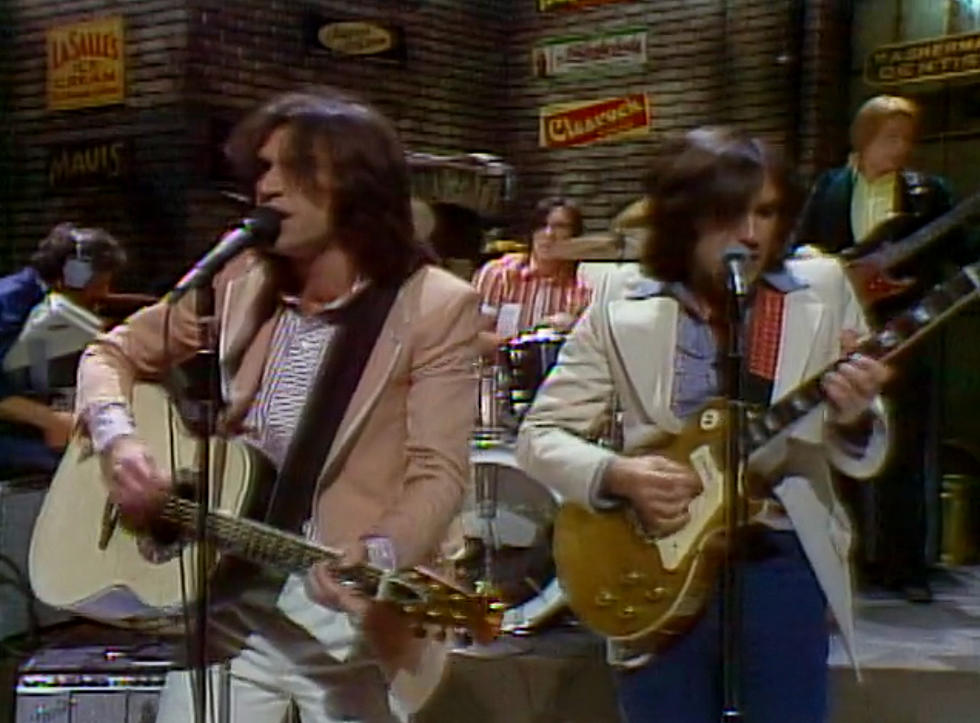Back in the 60s, The Rolling Stones, The Kinks, and The Beatles were the big three names in terms of bands. And another thing common with the three of them was the talented session musician Nicky Hopkins.
Best known for their energetic and innovative sound, The Kinks was a band from the 60s which was founded by two brothers. With their very innovative distinct style, the band was quick with their fame, often blending rock, pop, and traditional English music.
Nicky Hopkins was an English session musician who was one of the most influential keyboardists of all time. His career spanned from the mid-1960s to the mid-1990s and during that time he contributed a lot to making some of the most important albums in popular music.
The greatest session musician was born in London in 1944 and studied classical piano at the Royal Academy of Music. His talent for music was there since he was born as he began playing the piano at the age of three and was regarded as a prodigy. However, his life was also affected due to Crohn’s disease and many of his musical ambitions were not met. Before that Hopkins had gone through two medical surgeries and was also bedridden. Ultimately, he was diagnosed with Crohn’s disease.
His first ever encounter with musical bands was when he was just 16 years old. He had to stop his studies and became the pianist with a local R&B band named ‘Screaming Lord Sutch’s Savages’. Hopkins was bedridden after getting a little taste of success with the band. He had to be in bed for 19 months, which was the reason he started out as a session musician. This was the thing that led to his working with a wide range of artists like The Who, The Rolling Stones, Jefferson Airplane, and even Led Zeppelin.
Hopkins started out with The Kinks in 1965. Hopkins participated in the recording of four Kinks albums: The Kink Kontroversy (1965), Face to Face (1966), Something Else by The Kinks (1967), and The Kinks Are the Village Green Preservation Society (1968). After his key performances in the songs, Ray Davis wrote a song which was inspired by him, and is called ‘Session Man’.
Ray has explained that the album, ‘Face to Face’, also featured Hopkins’ finest songs. He said, “His best work in his short spell with The Kinks was on the album Face to Face. I had written a song called ‘Session Man,’ inspired partly by Nicky. Shel Talmy asked Nicky to throw in ‘something classy’ at the beginning of the track. Nicky responded by playing a classical-style harpsichord part. When we recorded ‘Sunny Afternoon,’ Shel insisted that Nicky copy my plodding piano style. Other musicians would have been insulted but Nicky seemed to get inside my style, and he played exactly as I would have. No ego. Perhaps that was his secret.”
After Hopkins passed away in 1994, Davies also talked about how much he admired and helped in defining their sound. In 1995 in an interview with The New York Times, he revealed. Nicky didn’t strive to impress people as other artists did; he just played when it was essential. But he was able to add the perfect chord at the perfect time or drop a group of triplets around the backbeat to transform an ordinary track into a treasure that made you want to dance.
Like other musicians, Nicky didn’t try to get fans; instead, he simply played when it was necessary. However, he had the talent to turn ordinary music into a treasure that made you want to dance by adding the ideal chord at the ideal moment or dropping a group of triplets around the backbeat.
Hopkins associated with a lot of artists and it was a sight to behold. He is also credited with helping to create the classic rock sound that defined the genre in the late 1960s and 70s. Moreover, he even had a successful solo career with albums such as No more Changes and The Tin Man Was A Dreamer. His musical legacy continues to live on, with his influence still being felt in modern music. Next time you hear about The Kinks, The Rolling Stones, and even the Beatles, be sure to remember Nicky Hopkins.

